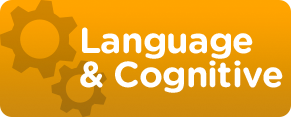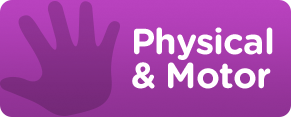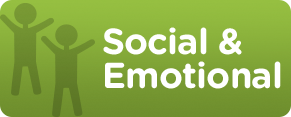No doubt, two-year-olds have their moments, but this year is not as terrible as its reputation. Toddlers’ drive for independence is strong and the major reason for their dramatic advances in mental and motor skills, as well as occasional temperamental outbursts. This is the age when children finally shred the last vestiges of babyhood and truly transition into childhood. Personality emerges as your child develops a sense of humor and becomes a unique member of the family.
Here are some typical milestones you may see in your two-year-old:

Language & Cognitive Development
- Names familiar objects with the correct word
- Points to and identifies most body parts
- Communication grows in leaps and bounds daily
- Begins to use pronouns, but often confuses “I” and “me”
- Sings the “ABC” song, but cannot link letter names to what they look like in text
- Completes a jigsaw puzzle with eight pieces or less
- Sorts shapes and can stack a tower of rings by size
- Begins to use logic and understands opposites like big/small and up/down
- Carries a book around the house and demands the same story over and over

Physical & Motor Development
- Runs and walks smoothly
- Walks up or down stairs independently
- Jumps with both feet off the ground and climbs enthusiastically
- Kicks and catches a small ball
- Progresses to potty training towards the end of the year
- Pushes riding toys with feet, but cannot yet steer
- Stacks five to six blocks in a tower
- Begins to draw pictures or write letters

Social & Emotional Development
- Talks about feelings and begins to control them
- Enjoys the company of peers and grows aware of own gender
- May still have separation issues and uses a transitional object (blankie or stuffed animal) for comfort
- Demonstrates mood changes and becomes easily angered
- Prefers predicable routines
- Likes to help with household tasks
- Behaves stubbornly and frequently asserts their opinion by saying “no”
- Engages in pretend play where props may substitute for real items (e.g. a towel draped around neck becomes a cape.)
Remember your child is a wonderful, unique individual and may not exhibit every one of these milestones. A wide range of behaviors is considered normal and some children will demonstrate certain abilities earlier or later than this schedule. Should you have any concerns about your child’s progress, please ask your pediatrician or family physician.






